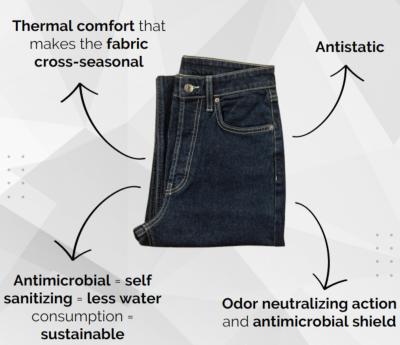Applied Graphene Materials changes its name to UNIVERSAL MATTER GBR
In February 2023, Universal Matter acquired Applied Graphene Materials' assets for $1.3 million. Now, AGM has announced that it will be changing its company name to Universal Matter GBR Ltd, effective immediately.
This rebranding aims to reflect the Company's commitment to delivering cutting-edge materials and innovative solutions to customers worldwide.


